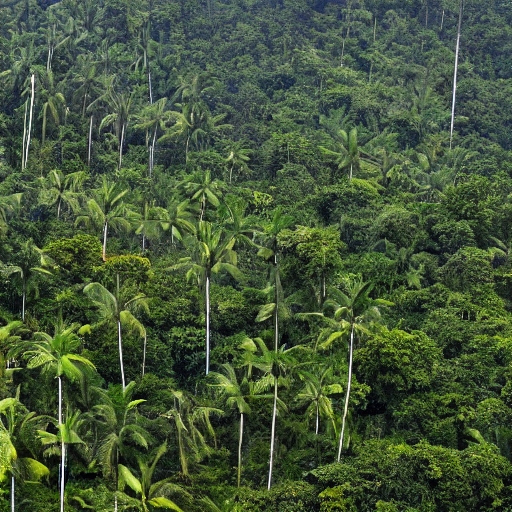The latest analysis from the Global Forest Watch project reveals a mixed picture for the world's woodlands: while there's a decline in tropical forest loss, ongoing pressures persist, threatening these vital ecosystems. Despite some progress, approximately 37,000 square kilometers of tropical primary forest were still lost in 2023. Deforestation globally rose by 3.2%, challenging international commitments to end deforestation by the decade's end. Urgent efforts are needed to address the complex interplay between human activities and climate change to protect and restore forests.
Original Article written by: Jake Spring
The latest analysis from the Global Forest Watch project released on Thursday reveals a mixed picture for the world's woodlands. While tropical forest loss saw a decline last year, other indicators underscore the persistent pressure these ecosystems face. Destruction of forests is not just about trees; it's a significant driver of global climate change. The carbon stored in wood gets released into the atmosphere when forests are destroyed, contributing to greenhouse gas emissions. Moreover, the loss of forests threatens biodiversity, as many plant and animal species rely on these habitats for survival.
Despite the decline in tropical forest loss, the situation remains concerning. Primary forests, often referred to as old-growth forests, saw a 9% reduction in loss compared to the previous year. However, this positive trend is overshadowed by the fact that approximately 37,000 square kilometers of tropical primary forest were still lost in 2023. The destruction persists at high levels, with declines in Brazil and Colombia offset by increased losses elsewhere, indicating a precarious balance between progress and setbacks.
Deforestation, which involves the permanent conversion of woodlands to other uses such as agriculture, increased globally by 3.2% in 2023, according to the report. This rise poses a significant challenge to the international commitment to end deforestation by the end of the decade. Moreover, anomalies such as the unprecedented wildfires in Canada, which led to a dramatic increase in tree cover loss, serve as a stark reminder of the complex interplay between human activities and climate change. Addressing these challenges requires urgent and concerted efforts to protect and restore the world's forests.

